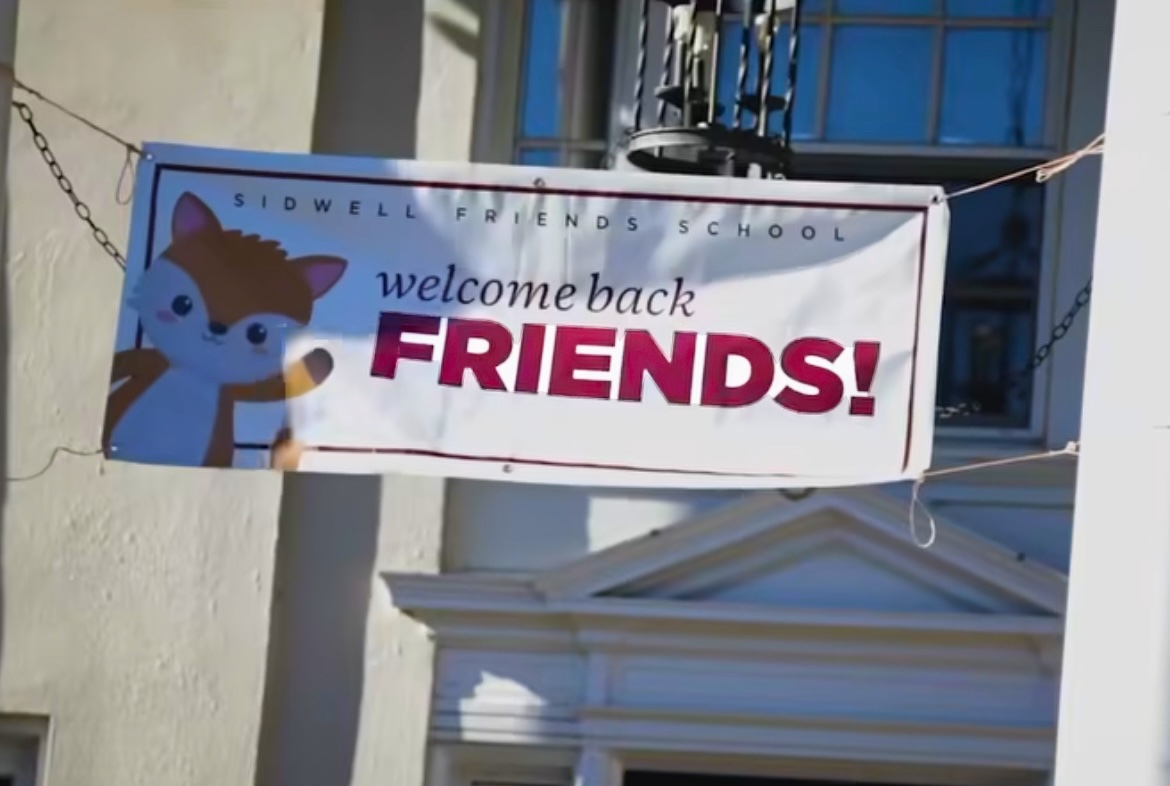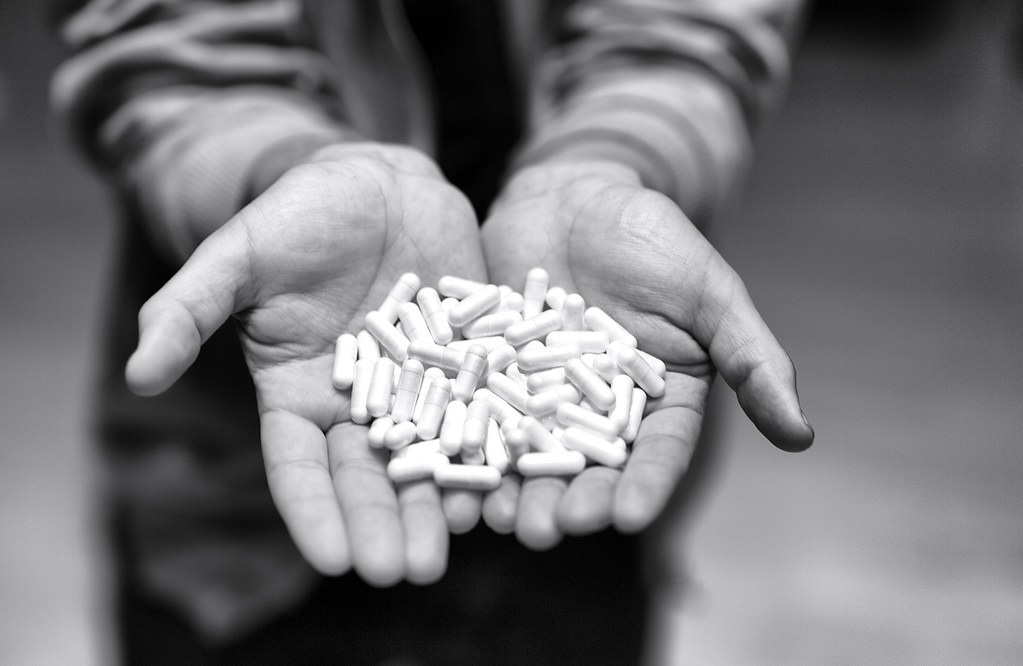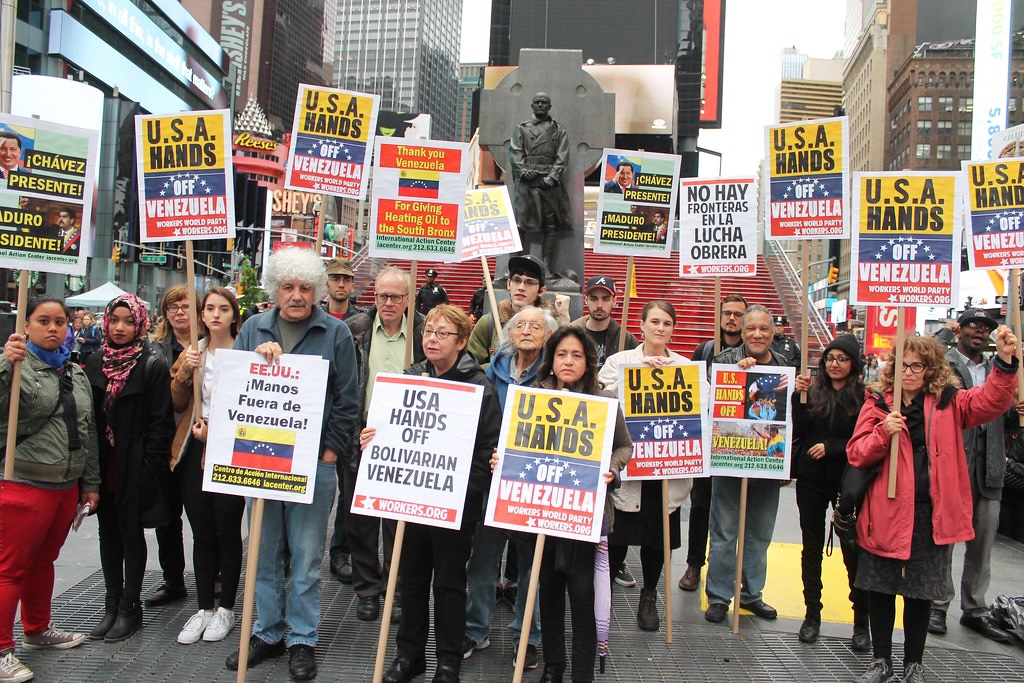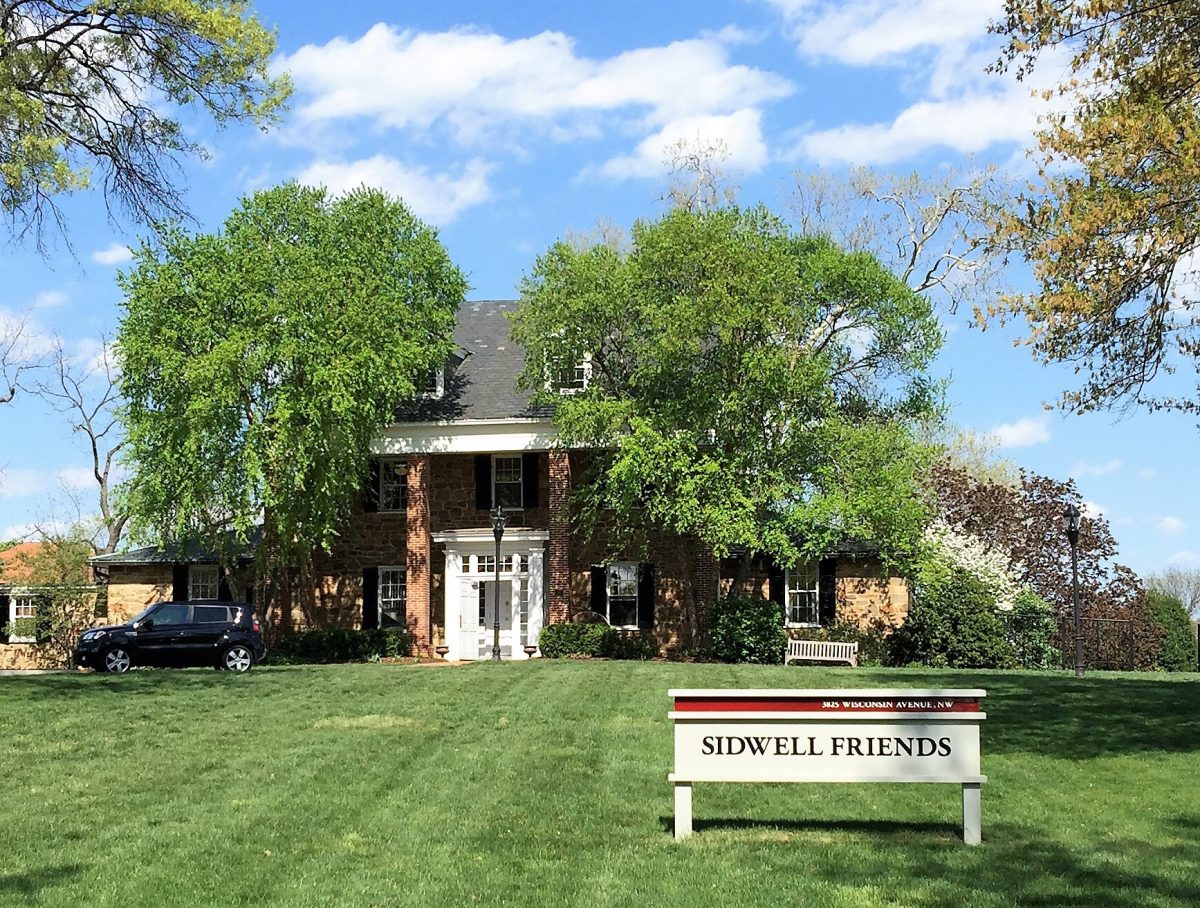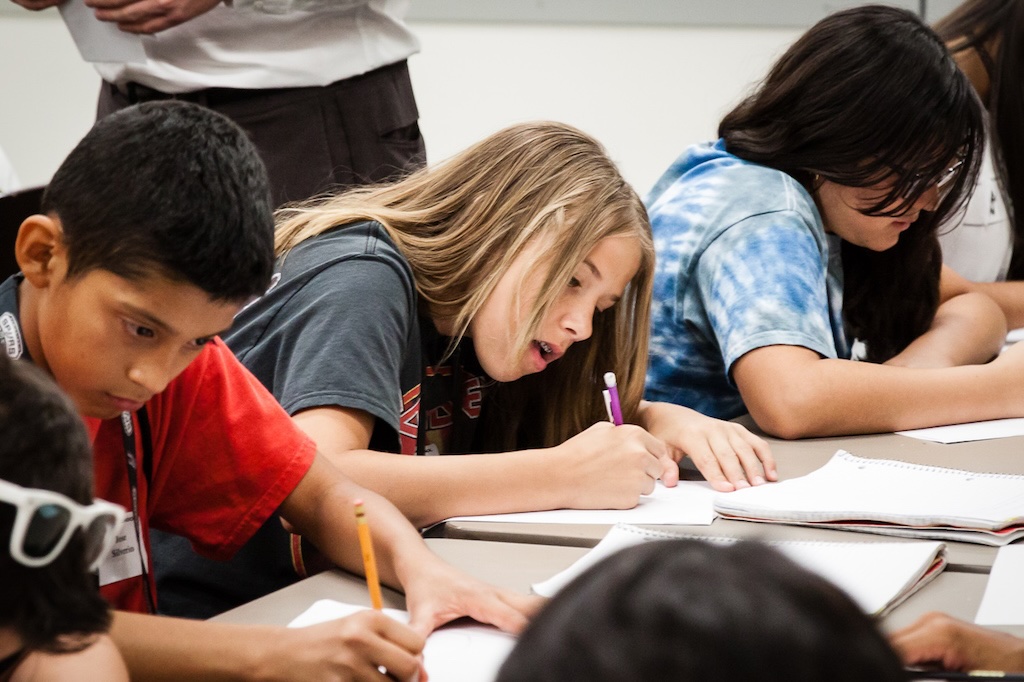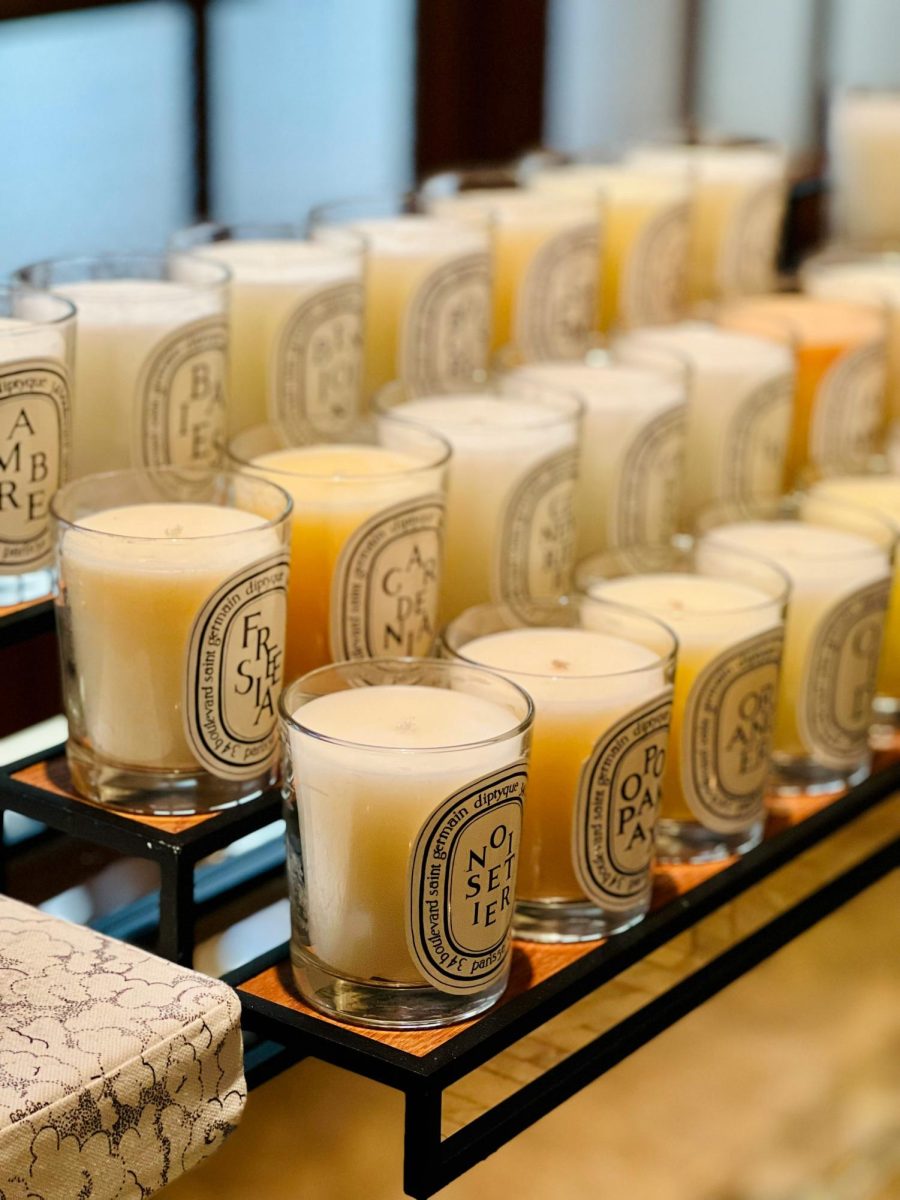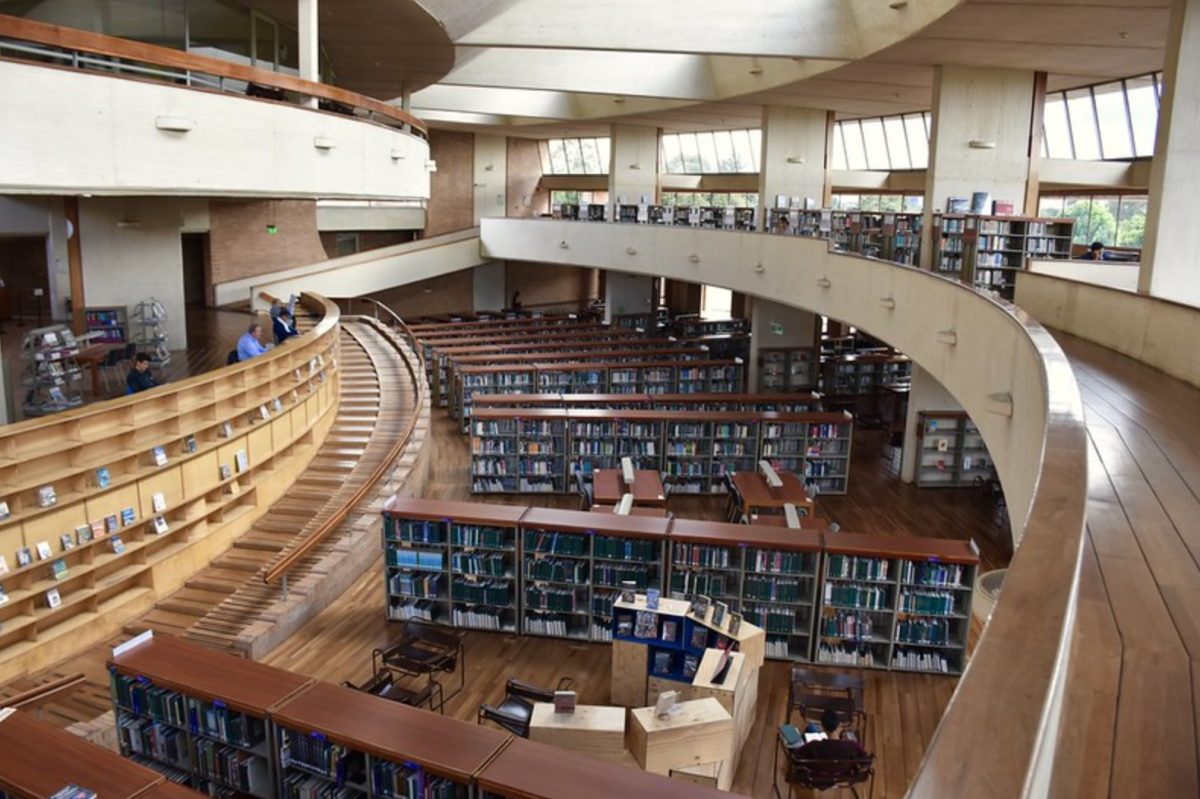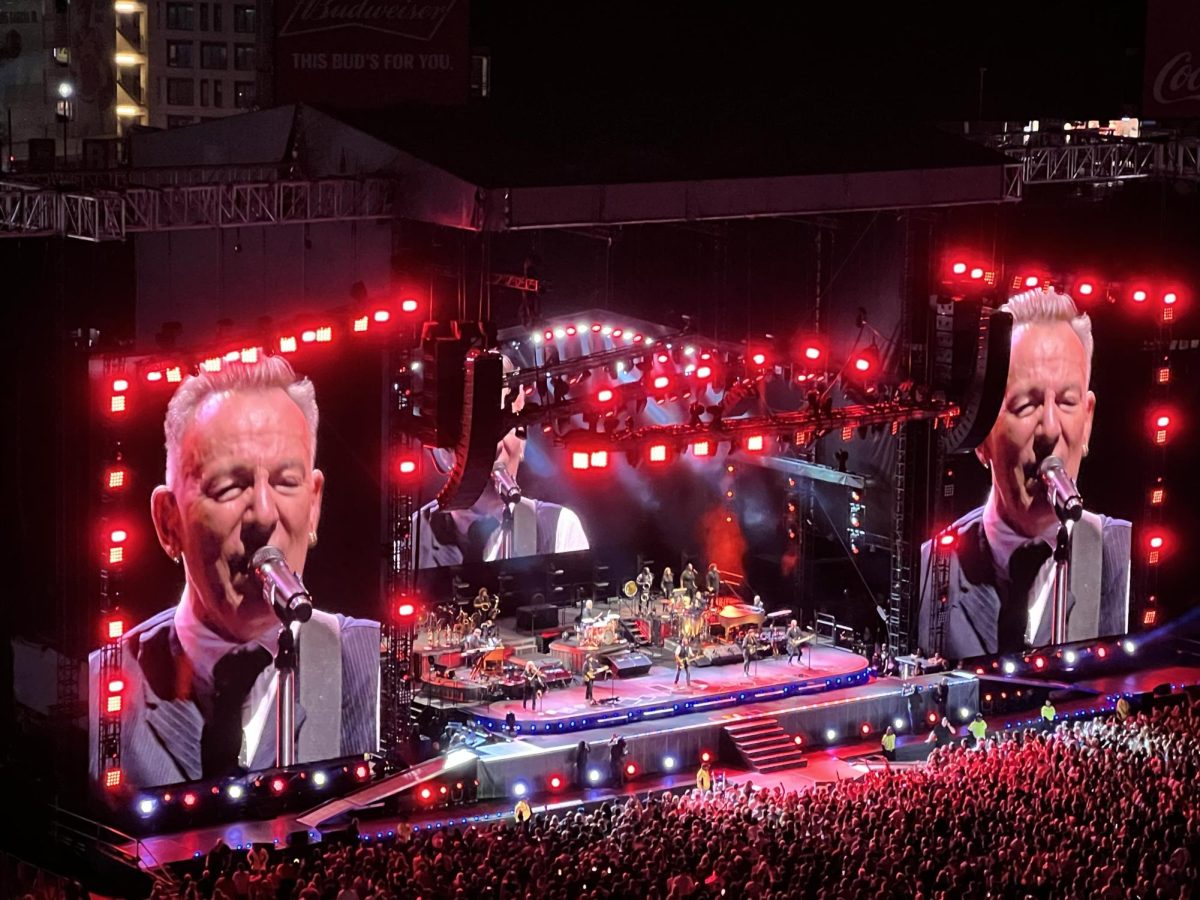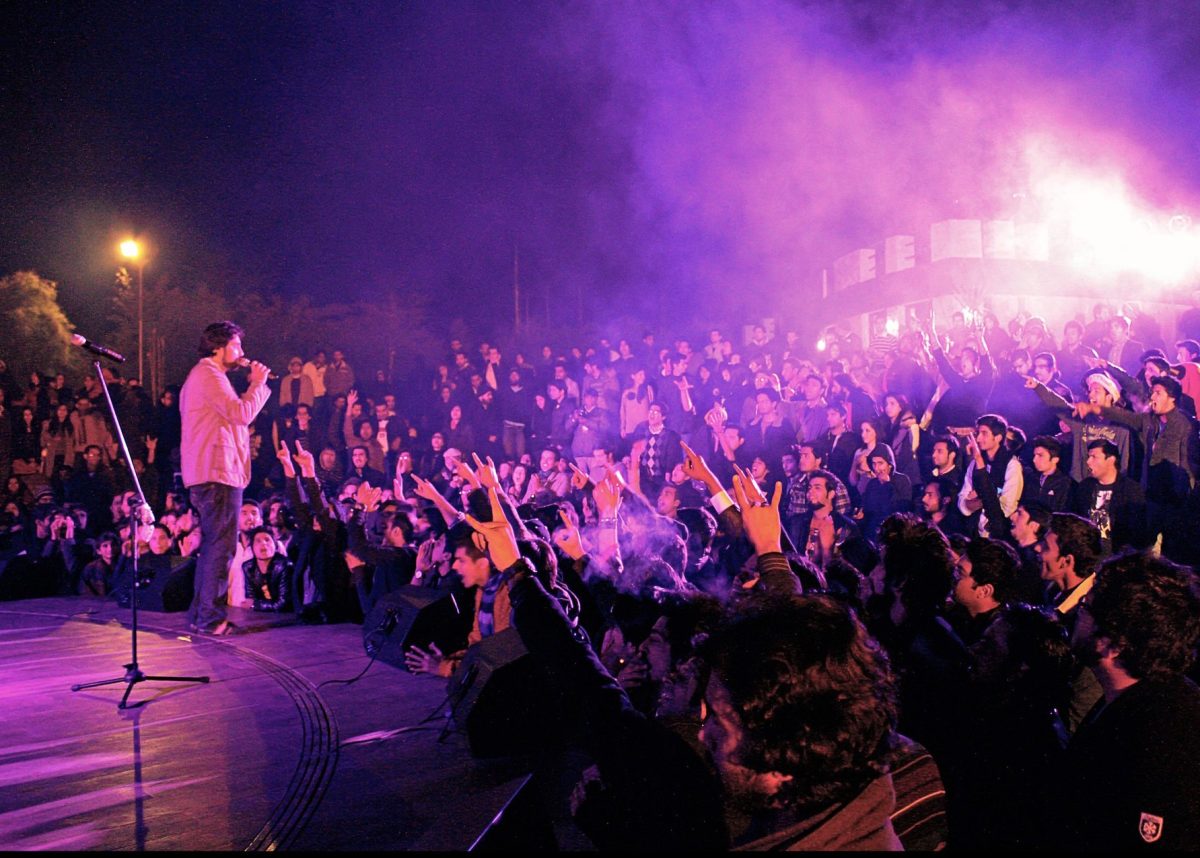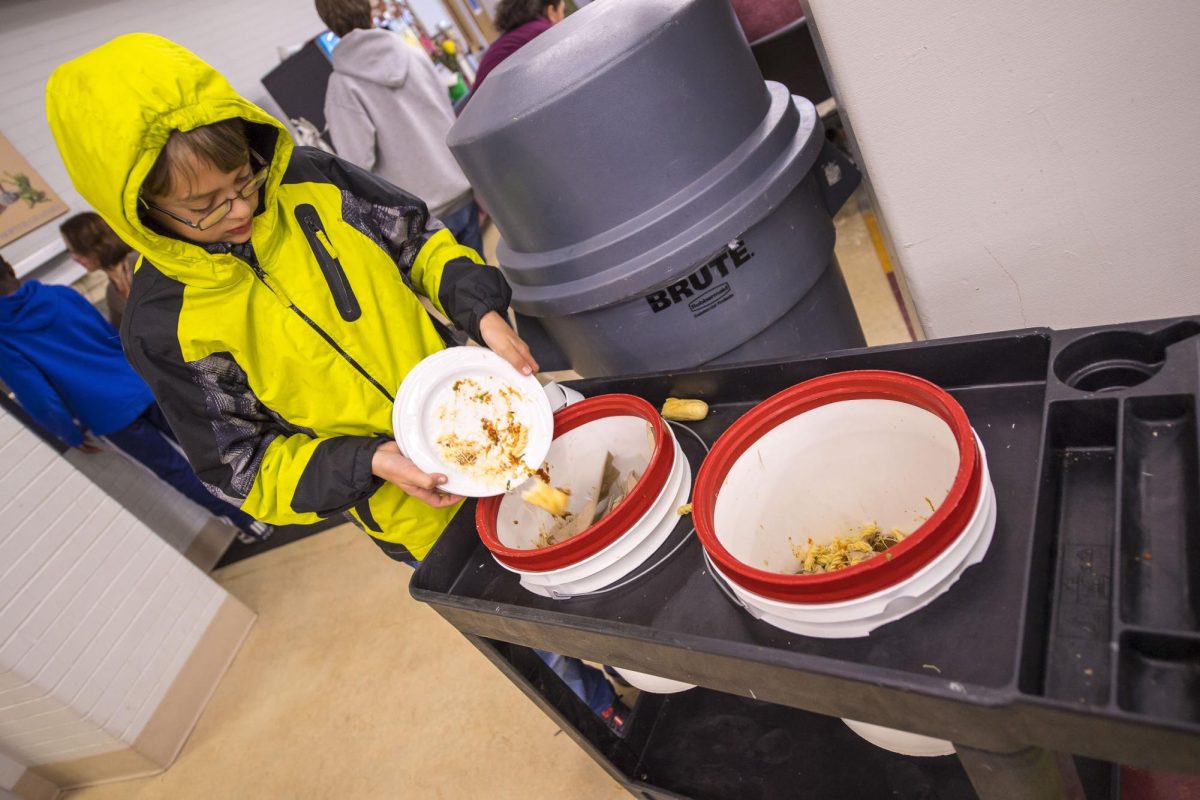As the impacts of climate change take hold, it is vital to consider how sustainable food practices can alleviate its detrimental effects. At Sidwell, environmental concern plays a prominent role in the cafeteria, where students have access to fresh and local produce, several vegetarian options and compost bins for their waste.
The Sidwell website highlights stewardship, a tenet of Quakerism, as the driving factor in the school’s decision to compost. Sidwell “partners with a local composting organization and other Quaker schools… renewing food waste to make fresh new farmable soil.” Thus, composting is a communal Quaker effort to ensure sustainability.
Isabel Limao, a Friends Environmental Action Team (FEAT) club leader, said that the cafeteria’s compost buckets provide “a wide range of benefits to the environment.” However, Limao also believes that Sidwell can do better as “a lot of people don’t exactly understand what can and can’t be composted.”
Limao says that FEAT has initiatives in place to resolve this. Conserve Energy Future, an environmental publication, cites over thirty items, including fish, eggs and rice, that are best left not composted. While usually done with good intentions, putting all the food on your plate into the compost bin can harm the environment.
In other attempts to minimize food waste, the Sidwell dining staff uses leftovers from the previous days’ lunch in sandwiches and salads. In addition to the daily vegetarian hot lunch option, these sandwiches and salads are often meat-free, meaning fewer carbon emissions.
Carbon emissions remain an obstacle the school seeks to tackle. Limao observes that “the cafeteria participates in sustainable food practices by serving local foods” and emphasizes that “this is really important because it reduces harmful emissions from transportation.”
Sidwell’s website states that the cafeteria “buys from local orchards, growers, and suppliers during the growing season to reduce the impact of long-distance deliveries on natural resources.” Thus, students may notice the incorporation of seasonal fruits and vegetables into their lunches.
For example, Cafeteria Manager Michael Ackerson and his team picked over 500 apples from a local orchard in early November. He brought the apples to school, giving students an assortment of fruit to choose from for snack and lunch while promoting local and sustainable food.
Yet despite initiatives that prioritize local food purchases, Sidwell still grapples with food waste. This is not an issue unique to the school; Limao provided a statistic stating that “just under one-third of the food U.S. households buy gets thrown out.”
Limao added that “this is a waste of the resources used to grow the food and leads to more emissions as the food breaks down in landfills.”
As Sidwell and the country look for ways to reduce food waste, Limao explains that the main thing students and teachers should do is “serve themselves a smaller portion of food initially and go back for more if they’re still hungry.”
Another pressing issue Sidwell faces as it looks to enhance its sustainable food practices is the usage of disposable plates and utensils. While these are sometimes the only option for students eating outside the cafeteria at clubs and other meetings, disposable plates and utensils are big contributors to Sidwell’s waste pile at the end of lunch.
Limao recommends that even if students have a club or other meeting to attend, they should still try to use ceramic plates and utensils if possible to prioritize sustainability.
Conserve Energy Future elaborates on the damaging effects of plastic cutlery on the environment, stating that plastic utensils “pollute waterways, endanger wildlife, [and contribute to the] extinction of marine species and the degradation of the environment.” Thus, students and teachers should use reusable utensils whenever possible to avoid adding to the plastic waste pile.
Plastic is particularly harmful to the environment because it is unrecyclable. According to the Sidwell website, the cafeteria depends on recyclable, renewable, biodegradable and compostable single-use products.
These sustainable practices extend to the post-lunch clean-up process. Students on lunch duty may be familiar with the rags and solution used to wipe down the tables after the meal.
According to the Sidwell website, these products are “environmentally sound” and reused. The rags are placed back in the bucket after use, and the cleaning solution is only replenished when needed and often slightly diluted with water to maximize sustainable practices.
While it may seem like a small action, using environmentally friendly cleaning products is key to promoting sustainable practices.
According to the Environmental Protection Agency, “concentrated forms of some commercial cleaning products are classified as hazardous, creating potential handling, storage and disposal issues for users. Using green cleaning products can help reduce the human health and environmental concerns that come along with cleaning.”
Overall, the efforts made in the Sidwell cafeteria to reduce waste and promote sustainable practices have proved fruitful. From food purchasing to the clean-up process, the cafeteria aims for the most sustainable approach available, giving students and teachers delicious locally sourced lunches with minimal environmental impacts.











